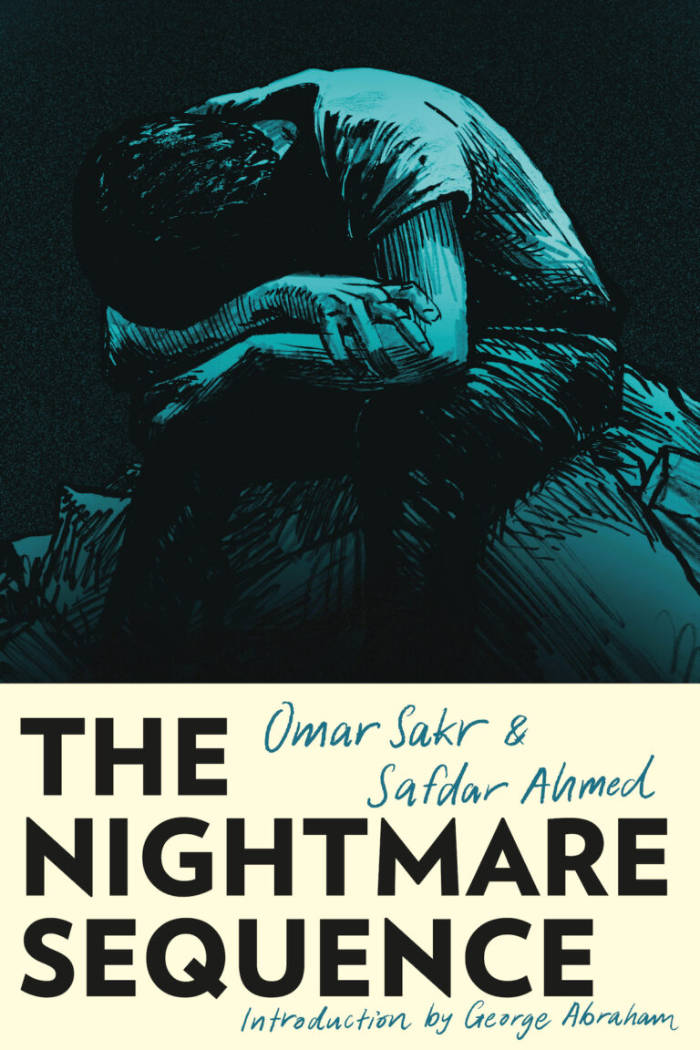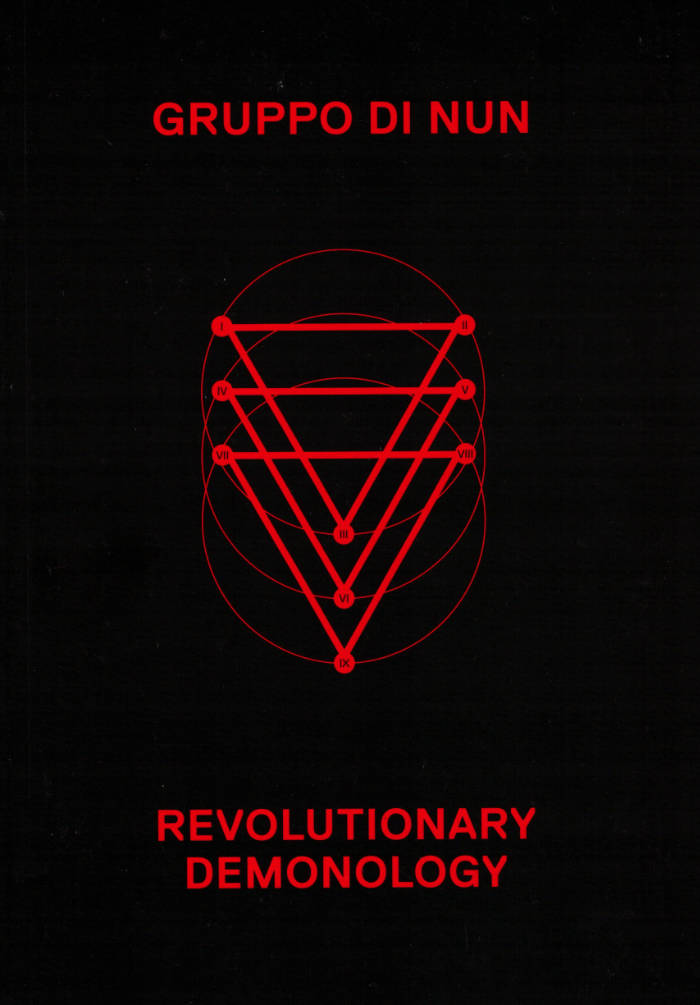
Russian Colonialism 101
For years, Ukrainian journalist Maksym Eristavi has been mainstreaming the global awareness about the legacy of Russian colonialism. A few days before Russia launched a full-scale invasion of Ukraine, he started a Twitter thread listing all Russian colonial invasions over the last century and highlighting one specific pattern that they all went by. The post has gone viral and is now dubbed the "mother of all Russian colonialism tweets". Together with a group of Ukrainian artists, Eristavi transformed it into an illustrated pocket guide to the 48 most recent invasions of Russian colonialism — to bring everyone’s attention to a pattern of serial behavior by the largest colonial empire.
Publication is prepared with the support of the MOCA NGO and the Ukrainian Emergency Art Fund in collaboration with the Sigrid Rausing Trust. Some illustrations created during the illustrative workshop for the book Russian Colonialism 101 have been donated to the Ukrainian Museum of Contemporary Art (UMCA).




